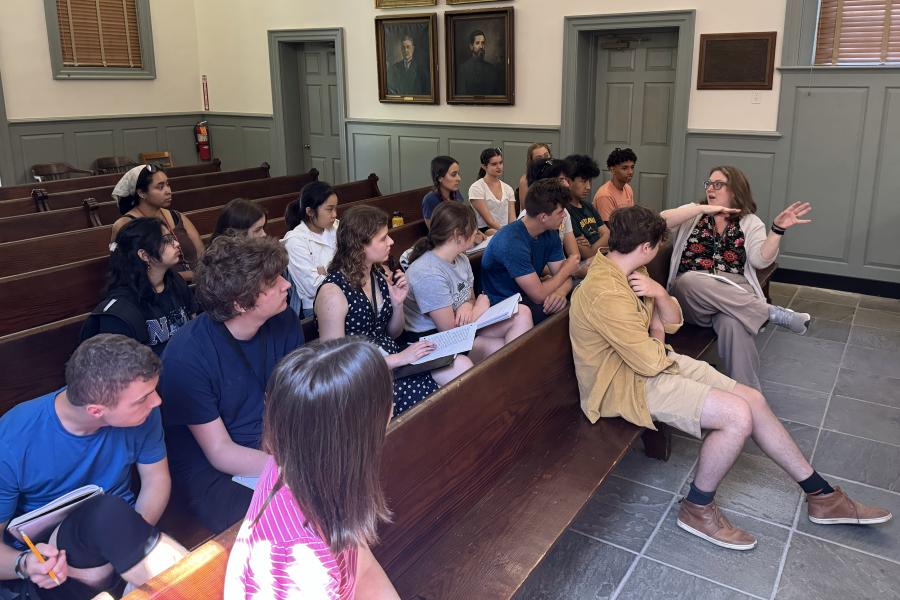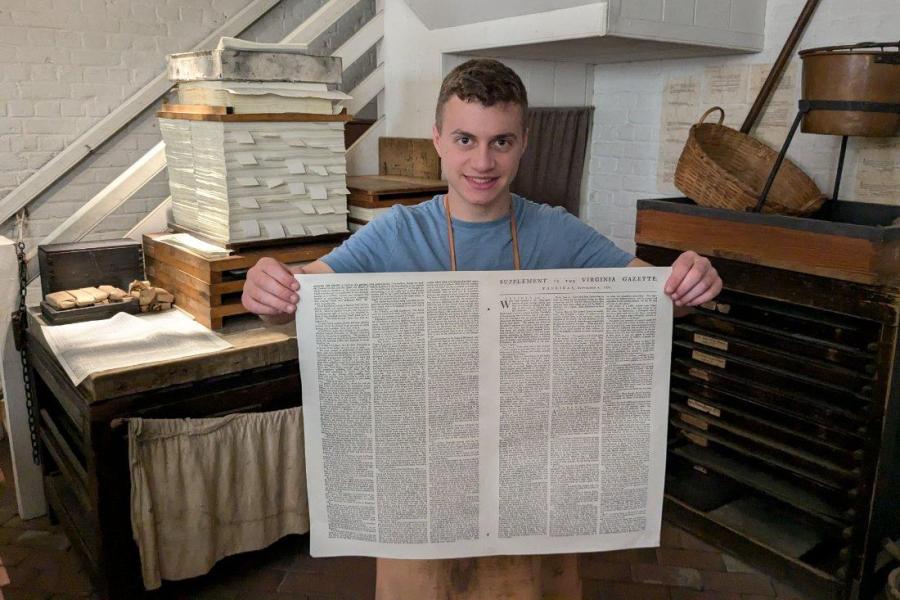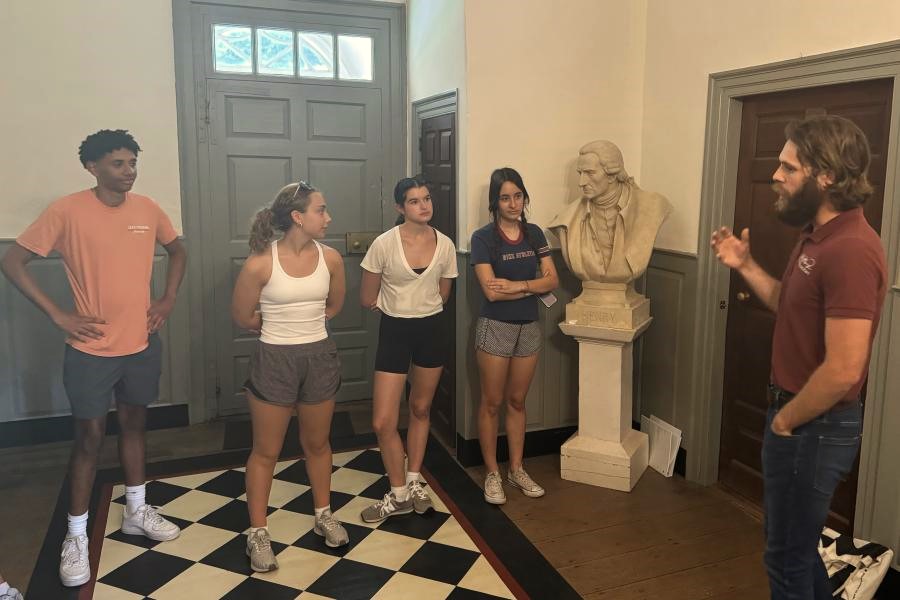American Independence
Session 2, Summer 2026
History 219 investigates the era of the American Revolution from the perspectives of diverse freedom-seekers in the colonial world as it transformed into the early republic. Students will focus on the period from the end of the French & Indian War, through the revolts of the 1760s and 1770s, into the war for independence, through to the ratification of the United States Constitution. Students in this class will deeply understand the shifting politics, identities, and economies that marked this consequential transition, with an emphasis on the possibilities and contradictions of the rising tides of liberty and democratization.
Daily case studies will allow students to respond to 18th century letters, debate acts of Parliament, and read historic landscapes using 18th-century maps. From our home base in Williamsburg, which was once the capital of the populous and powerful colony of Virginia, students will get an immediate contact with the everyday life of artisans, working people, and elites of the 1770s at Colonial Williamsburg’s historic buildings and museums. On travel days, students will come to understand enslaved people’s life choices in plantation contexts, Native peoples’ reorganizing in the west country, the coming of armed warfare on land and at sea, the multinational dynamics of the siege of and U.S. victory at Yorktown, and the basis of the federal order through visiting James Madison’s house at Montpelier.
We offer this course so that students can benefit from the first-rate museum-driven 250th anniversary events reflecting on the legacies of the independence movement in the United States that are currently ongoing.
Course Objectives
By the end of this course, you will be able to:
- Use historical thinking to analyze, evaluate, and interpret primary and secondary sources.
- Use evidence-based reasoning and diverse historical sources (written and material) to interpret the past coherently, develop an argument, and present an argument both in discussions and in written assignments.
- Constructively describe, and in some cases practice, methods of museological communication like first- and third-person interpretation, exhibition label-writing, object curation and preservation, and consideration of diverse publics who approach the revolutionary past.
- Practice crucial skills of leadership and civic engagement through negotiation and collaboration in field-based classroom sites that will allow you to embody and engage with the limits and possibilities of real people in the past.
- Critically consider the ways in which the events of the 1770s are understood, and in your view how they ought to be understood, in scholarly and public settings today.
 |
 |
 |
 Skip to main content
Skip to main content
